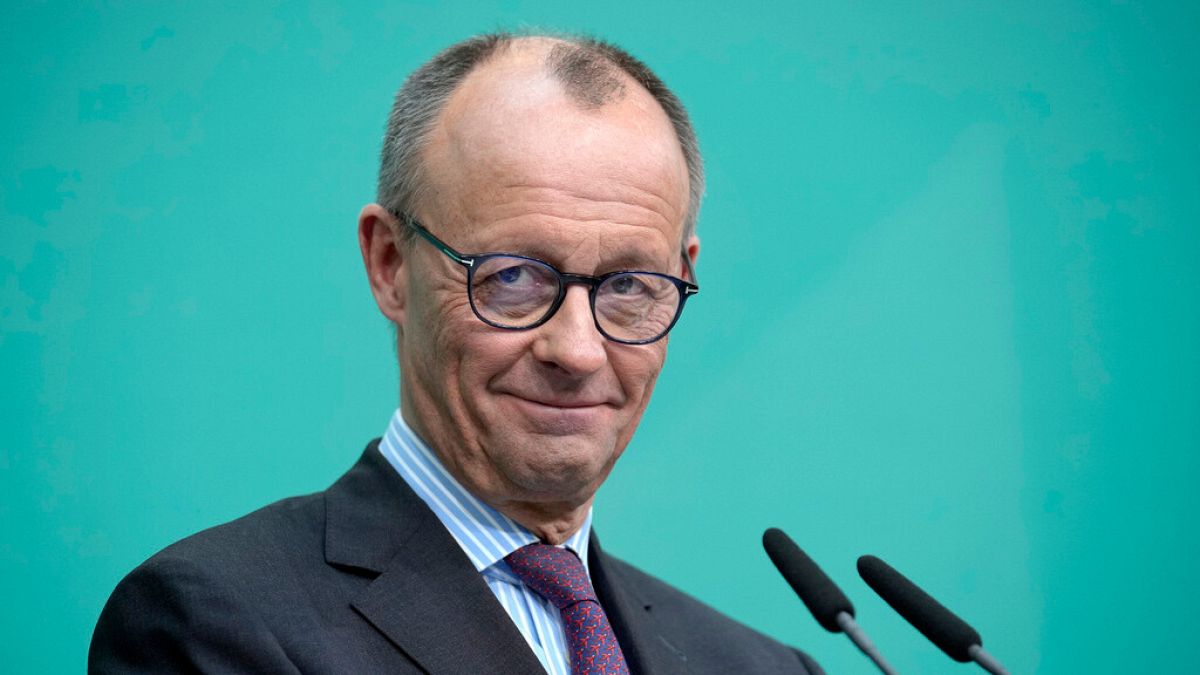
"The would-be coalition aims to spur economic growth, boost defence spending, take a tougher approach to migration and catch up on long-neglected modernisation."
"Both the CDU and the SPD need to approve the coalition agreement before parliament can gather to elect Merz. The CSU approved it last week."
"There is some resistance in the SPD's ranks after the party finished third in February with its worst post-war result in a national parliamentary election."
"One sticking point is Germany's minimum wage, which the SPD campaigned to increase to â¬15 per hour by 2026."
Germany's parliament is set to elect Friedrich Merz as the next chancellor on 6 May, pending coalition agreement approval among the CDU, CSU, and SPD. The coalition seeks to drive economic growth and tackle migration. The SPD faces internal dissent after a poor election performance, particularly regarding minimum wage increases, complicating the approval of the alliance. With only a modest parliamentary majority and avoiding cooperation with the far-right AfD party, the political landscape remains tense as party votes approach.
Read at euronews
Unable to calculate read time
Collection
[
|
...
]